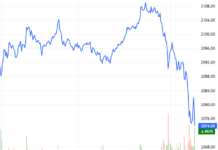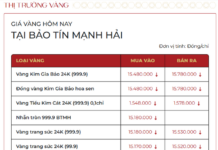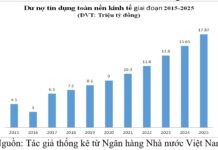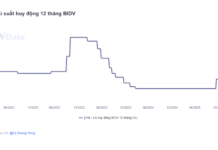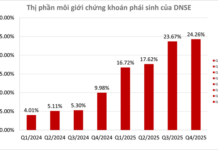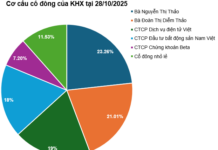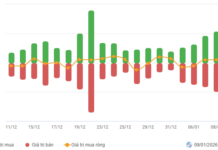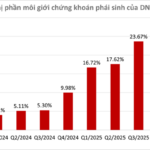
Illustrative Image
According to The Guardian, Hungarian Foreign Minister Péter Szijjártó declared that Hungary will not abandon its energy supply from Russia, despite U.S. President Donald Trump’s call for NATO allies to halt Russian oil imports.
In an interview on the sidelines of the UN General Assembly in New York, Szijjártó emphasized, “We cannot ensure energy security without Russian oil and gas. For us, this is a matter of utmost practicality.” He explained that Hungary’s current infrastructure relies heavily on Russian supplies, with oil primarily imported via the Druzhba pipeline to serve domestic refineries and those in Slovakia.
This statement followed Trump’s warning of additional sanctions against Moscow, contingent on all NATO members ceasing Russian oil purchases. On Truth Social, Trump stated, “I’m prepared to take strong action against Russia when all NATO allies act together.”
Hungary and Slovakia remain the only EU nations still importing Russian oil. Hungary’s national oil company, MOL, imports approximately 5 million tons annually via the Druzhba pipeline. Both countries have repeatedly opposed calls to cut this supply, deeming alternatives “unfeasible” in the short term.
Budapest’s stance has escalated tensions with Brussels. European leaders, including Finnish President Alexander Stubb and Polish Foreign Minister Radosław Sikorski, have urged the EU to increase pressure on Hungary and Slovakia to comply. Meanwhile, the EU is exploring measures to restrict trade without requiring unanimous consent, aiming to reduce Russian oil inflows.
In the U.S., Senator Lindsey Graham, a Trump ally, argued that the two Eastern European nations’ continued reliance on Russian oil undermines collective efforts to pressure the Kremlin.
According to Politico, since the Russia-Ukraine conflict began, Hungary and Slovakia have paid Russia €5.4 billion in oil taxes alone. Both nations continue importing Russian oil under a 2022 sanctions exemption, intended to give landlocked countries time to find alternative energy sources. However, Budapest and Bratislava have instead lobbied to maintain access to Russian fuel.
On the Russian side, oil and gas revenues are projected to drop 23% in September compared to last year, as global crude prices cool and the ruble strengthens. This decline is partly due to widened discounts on Russian oil last month, amid U.S. pressure on India for purchasing Russian oil, and reduced Russian refining output.

